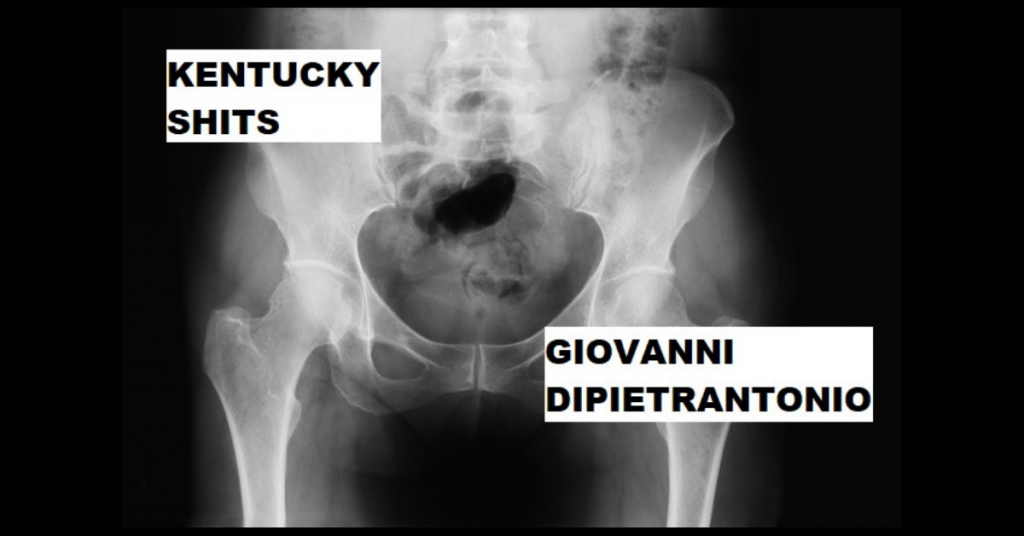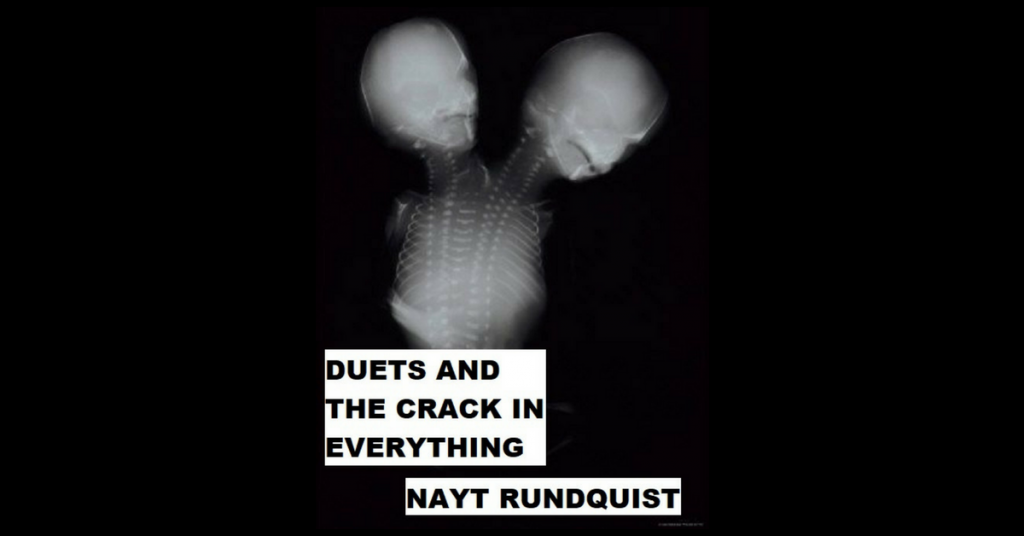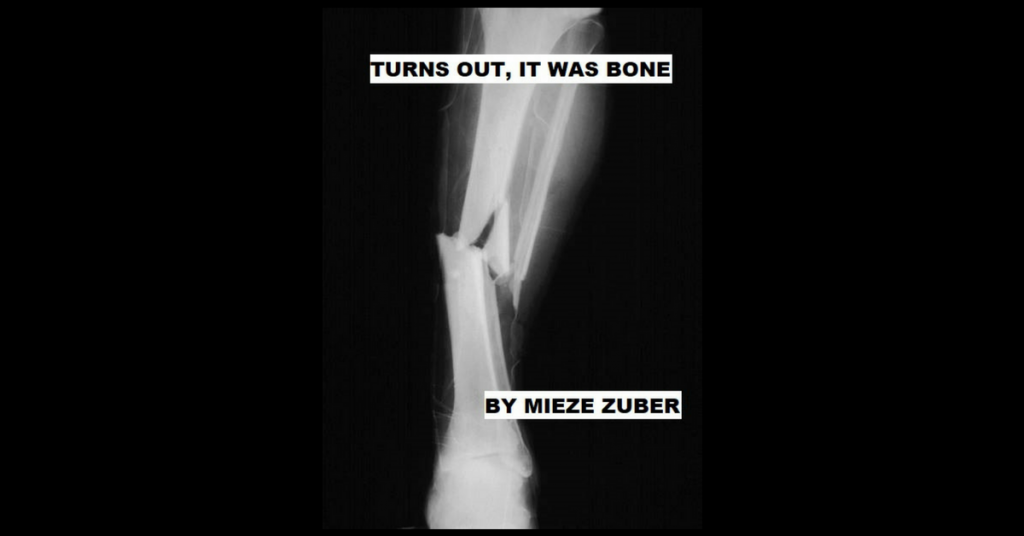
KENTUCKY SHITS by Giovanni DeJaneiro
Steven lived alone in a small house on a cattle ranch at the bottom of a hidden valley. He didn’t have city water, air conditioning, or internet. The kitchen stank. Empty beers crowded the table and counters and stovetop. A flyswatter hung on the wall—flies hummed through the air. Dishes towered in the sink. Bright orange slime curdled in a dirty saucer, seemingly the source of the hideous reek. He inflated a mattress in the family room, where a floral couch faced a huge wood stove. Grains of rice, toenail clippings, bottle caps, and dirty tissues overspread the coffee table….



